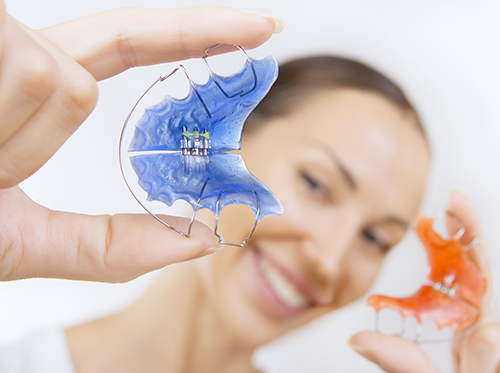February is...National Children's Dental Health Month!
February 4th, 2022
Every February, the American Dental Association (ADA) sponsors National Children's Dental Health Month to raise awareness about the importance of oral health. This year's slogan is "Get a Gold Medal Smile."
It is important to develop good habits at an early age as well as schedule regular dental visits to help children get a jump start on a lifetime of healthy teeth and gums.
Here are a couple great ways to make sure good dental habits are formed in your household:
Start Early. Before you ever buy baby's first toothbrush, you can wipe new baby teeth clean with a soft cloth. Toddlers who are already used to having their teeth cleaned are often far better receptive to the idea of brushing teeth later on.
Model the habits you want to see. You are your child's first teacher and role model. Let them see you brush and floss daily, or better yet, make brushing and flossing a family affair.
Don't underestimate the power of fun. Sometimes, all it takes is a toothbrush with a favorite character or one that lights up and plays music to encourage a child to brush. Singing special songs can also make the ritual a lot more fun, particularly if you're willing to make a total fool of yourself.
Choose the right toothpaste. Whether you're for or against fluoride, looking for the most natural product or just the cheapest, there's one thing you have to consider: taste. A child who enjoys the flavor of his or her toothpaste is more likely to enjoy brushing.






